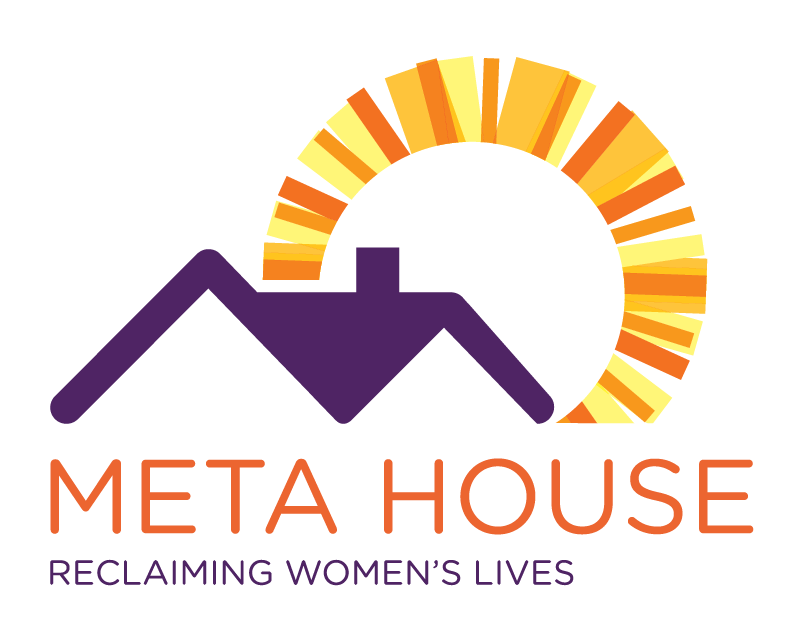Donna
There’s always a story brimming underneath the surface.
Standing in front of her daughter’s classroom for an Alcohol and Drug Awareness Day, that’s what Donna wanted to share. Working as a Peer Support Specialist the past three years, Donna has walked alongside many women who are recovering from substance use disorders, serving as an advocate and a mentor. It’s heart-wrenching at times, she admits – sitting in an ER after trauma or crying with a client who has experienced a loss. But then there are joyful moments of celebrating a milestone or witnessing the birth of a healthy baby.
Donna shares these moments with clients because they trust her to see them with dignity and compassion. After all, she’s been there before. Twenty seven years ago, Donna struggled with an addiction to cocaine and alcohol.
Originally from Boston, Donna moved to Milwaukee when she was 10 years old. It was exciting, but also a hard cultural change. She started smoking marijuana in high school, drawn in by friends and viewing it as harmless. Soon, it was normal to drink and to smoke. Her parents noticed a change in her behavior. Donna said she would stay out too late and then once didn’t come home for a week. Concerned, her parents sent her to live with her aunt and uncle. It went well for a while, and then she found the same crowd and returned to the same habits. “I never thought that my drinking was an issue at the time,” Donna said.
After moving out at 18, Donna met someone. However, their relationship wasn’t healthy and she continued to drink and smoke and was introduced to cocaine. “Every time I drank, it was to excess,” Donna remembered. A year after her first daughter was born, Donna realized she needed to end the relationship. She left and moved back in with her parents for a few months before moving out once again, this time with her brother. Her smoking and drinking decreased, and she met a musician.
“I was infatuated – but he was an alcoholic and was 14 years older,” Donna said. His drinking was to the point where he wouldn’t come home and Donna clearly saw that he had a problem and needed help. After ending that relationship, she started drinking and using on a regular basis again. She saw it as her time to be free. One of her brothers would watch her daughters and she would go out, sometimes with only $2 in her pocket and then wait for others to buy her drinks. Donna said that she never thought of it as an addiction. In March of 1990, her world shifted. She found out her brother had died.
“From March 15 – June 13, I wasn’t sober a day,” said Donna. “If I wasn’t drinking or using, I was trying to find a way to drink or be high.”
The one day her daughter’s voice pierced through her haze of grief and addiction. “She told me, ‘Mom, you came home to visit,’” said Donna. She was confused – she lived there. Her daughter replied, “You don’t eat here, you don’t sleep here. You don’t live here.” It was then Donna realized that she had a problem and she couldn’t ignore it. She reached out to her dad and older sister who were also in recovery. Relieved that she was coming to them, they drove her to detox. Two weeks later, Donna was connected to Meta House.
Early recovery was hard work. Donna knew that from watching her sister and father work on their recoveries from addiction. But she also knew it was worth it. “Going directly from the hospital to Meta House truly saved my life. I don’t think I could have stayed sober out there on my own. I went all in,” she said.
Donna stayed at Meta House for two months. She liked her counselor and the groups and absorbed everything that she could. When it came time to leave, she was ready. She stayed connected to groups in the community and worked on strengthening her support systems. Donna was cautious when she met her husband as he was also in recovery, but they learned how they could support each other. When she lost both of her parents within a few months of each other, it was tough. “I had thoughts of wanting just one drink,” she said. “I told my husband and my friends. Just to say it, took its power away. I tell women that it’s not about not having those thoughts, but what you do with those thoughts.”
Donna and her husband both openly share their stories of recovery. On a daily basis, she uses her experience to connect and support women who are working to break the cycle of addiction. She also shares her story at events and with her daughters’ teachers. “I’m really passionate about reducing stigma and breaking stigma. 99.9% of the time when I share my story, it’s positive. Everyone relates to a friends or family member they want to help.”
Donna recently made the hard decision to leave Meta House to take care of her grandson full-time. She said it was bittersweet, but she’ll continue to stay engaged and continue fighting the stigma against addiction. In the meantime, she advises women to “be honest with yourself and everyone else.”
